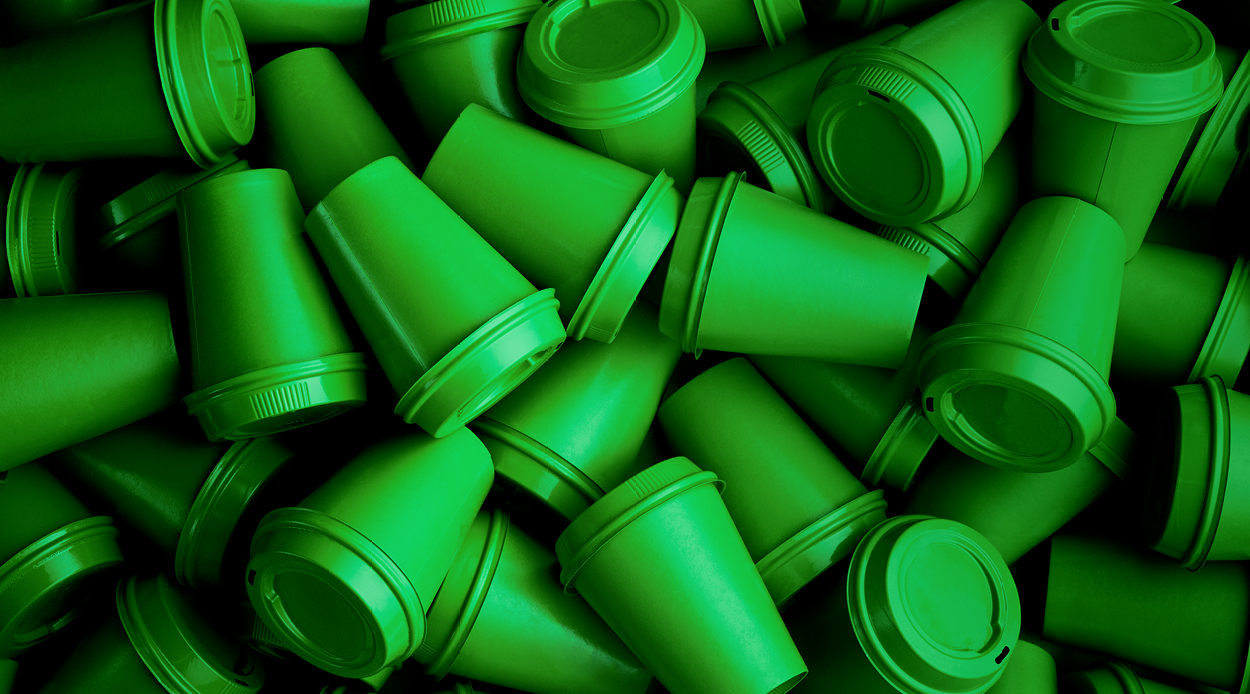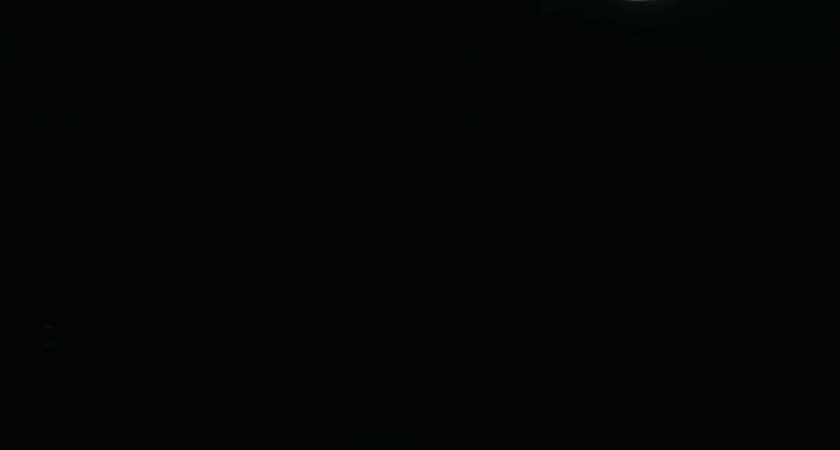We all want to do our bit for the planet, but navigating the world of recycling isn’t easy at the best of times. In a world where composting is making a comeback, plastic made from sugar and recycling is becoming so mainstream that even our daily caffeine fix has become a marker of our eco-awareness, all the information we are presented with can make our commitment to being green a veritable minefield. The question has become one of action. What should we be doing on a daily basis to actually have a positive impact on the environment? With so much confusion over what can be recycled and, importantly, what can’t, we thought it best to consult someone who really knows their stuff before giving you the lowdown on the matter.
Here, Ecostore’s Managing Director, Pablo Kraus, advises us on what we can be doing to make a real impact.
1. Takeaway coffee cups
There are currently three options available when you order a takeaway coffee. The regular paper cup lined with plastic, with a recyclable plastic lid, the compostable cup and lid, and the reusable cup. It’s not rocket science to know that the latter is the best of the bunch. My favourite reusable option is
2. Compostable or biodegradable packaging
Despite what you might think, this cannot be recycled and must be sent to a commercial composting facility. New Zealand has 11 of these, with very little infrastructure set up for collection. The composting process for packaging requires high levels of heat to accelerate breakdown, so most packaging on the market can’t actually be composted at home. However, Bostock Brothers’ have recently launched chicken pouches that can actually be composted at home. Made from GM-free corn sources and wood pulp, the packaging breaks down quickly, turning into soil. Also helping the cause is We Compost, who offer a great service whereby they come to your home or workplace and collect food scraps and packaging.
3. Sugar plastic
This is what we use for our Ecostore products, as we believe it’s the best option for our planet (as far as what is currently available). Our sugar plastic comes from renewable sugar cane that captures carbon from the atmosphere as it grows, making it an effective tool to fight climate change. Bottles made from this plastic boast the same molecular structure as their regular counterparts, making them kerbside recyclable, and letting us reuse the material again and again. At Ecostore, we understand there is a greater plastic problem, and as
4. Recycling at home
Kerbside recycling in New Zealand is generally pretty good. But there are a few things you should keep in mind to ensure items don’t contaminate the recycling stream and end up in landfill.
1. Clean any packaging that contains food waste or liquids. Dirty containers are a health hazard at recycling facilities and will have to be removed. I’ve seen first-hand, at these facilities, the dirty pizza boxes and half-empty water bottles that get thrown out and sent to landfill.
2. Any glass that isn’t a jar, bottle or mainstream packaging is too tough to
be recycled and therefore cannot be put into kerbside recycling. So, things like glass from windows or glasses and plates are a no-go.
3. Polystyrene – whether it’s a takeaway container, packaging material or a meat tray – it can’t be recycled.
4. Metals that aren’t tins or drink cans, electronics for example, or any peculiarly-shaped items where the exact material isn’t clear are unlikely to be recyclable and shouldn’t be treated as such.
Image credit: Art Direction: Fran King






